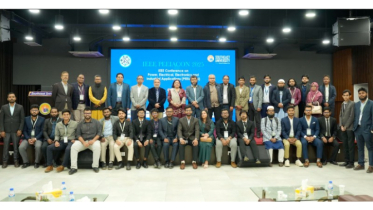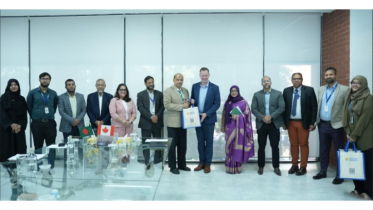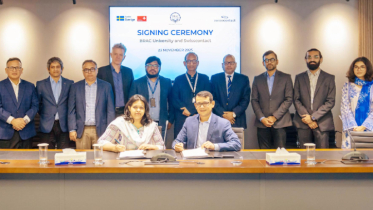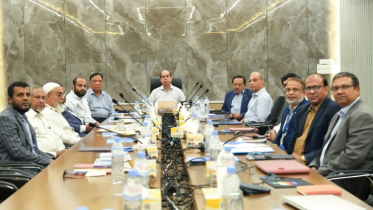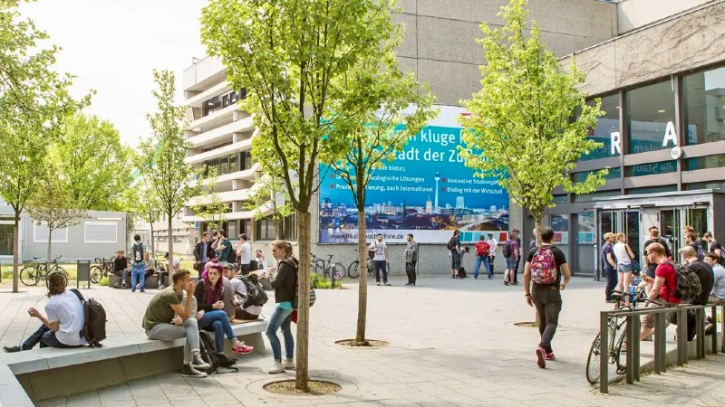
Berliner Hochschule für Technik, Berlin, Germany
Germany is one of Europe's leading countries in terms of information technology and educational infrastructure. The Land of Engineers, as Germany is known, offers ample opportunities for higher education. With its straightforward application process and quick admission, Germany has become a favored destination for many.
The country boasts an extremely modern and progressive education system with numerous prestigious universities. Some universities, as well as individual courses, offer tuition-free education, which is a significant benefit for international students.
Germany offers government and private scholarships for students. Among them, the DAAD Scholarship is one of the most popular. Other scholarships include the Erasmus Plus, Einstein International Fellowship, Humboldt Research Fellowship, Konrad Adenauer Stiftung Scholarship, Kurt Hansen Science Scholarship, among others. Semester-wise various scholarships are also available.
Furthermore, students can easily manage their living and family support by working up to 20 hours a week. More skillful students can easily manage full-time jobs and Blue Cards. The opportunity for a rewarding career or permanent residence is also available after completing your education.
For those who love to travel, studying in Germany offers a unique benefit. With a student visa, they can visit 26 countries.
Academic Sessions:
In Germany, there are generally two sessions for study: Winter (which usually runs from October to March) and Summer (which typically runs from April to September). The application process usually needs to be completed about 3-4 months before the start of classes. For detailed information on studying in Germany and the application process, you can visit the www.daad.de/en website.
Academic Degrees:
If a student wishes to pursue an undergraduate degree in Germany after completing their higher secondary education, they must attend a Studienkolleg and pass an entrance exam to be admitted. Alternatively, students can apply for a bachelor's degree from a university in the country, but they must complete 25% of the total credits for a bachelor's degree in their home country.
To apply for a master's degree, you generally need a bachelor's degree with good results. It's important to note that completing a diploma or degree in your home country doesn't provide you with the opportunity to pursue higher education in Germany. Diploma holders will be evaluated for eligibility to apply for a master's degree after completing their bachelor's degree in Germany.
There are also monthly scholarships and opportunities for a Ph.D./Doctorate. Additionally, there is the Ausbildung (Apprenticeship) program, which is similar to a paid internship. One of the advantages of this program is that you gain direct practical experience along with a monthly stipend. However, in this case, language proficiency is crucial.
To study in English, the IELTS (International English Language Testing System) is generally required. However, many courses can admit students with a "Medium of Instruction in English (MOI)" certificate. It's important to note that even if someone gains admission through MOI, they will still need an IELTS/TOEFL score for visa purposes. The minimum required score for a visa can be found on the embassy's website (www.dhaka.diplo.de).
Academic Disciplines:
Germany offers more than 400 universities and over 17,000 courses. Among them, popular fields include General Management, Engineering Management, International Law, International Marketing, Media and Communication Management, Leadership and Management, International Business Management, Information Technology, HRM, International Finance and Accounting, Data Analysis and Management, Telecommunication and Management, Political Science, Advanced Materials, Advanced Oncology, Mathematics, Computer Science, among various language courses.
Despite the numerous advantages, one problem everyone has to face from the beginning of the COVID-19 pandemic is the lengthy visa processing! The German embassy and related departments are working to resolve this crisis. Hopefully, all the issues will be resolved soon.
Writer:
Md. Shamsul Akram (Sumon)
Student
M.Eng. in Information and Communications Engineering
Berliner Hochschule für Technik, Berlin, Germany.























